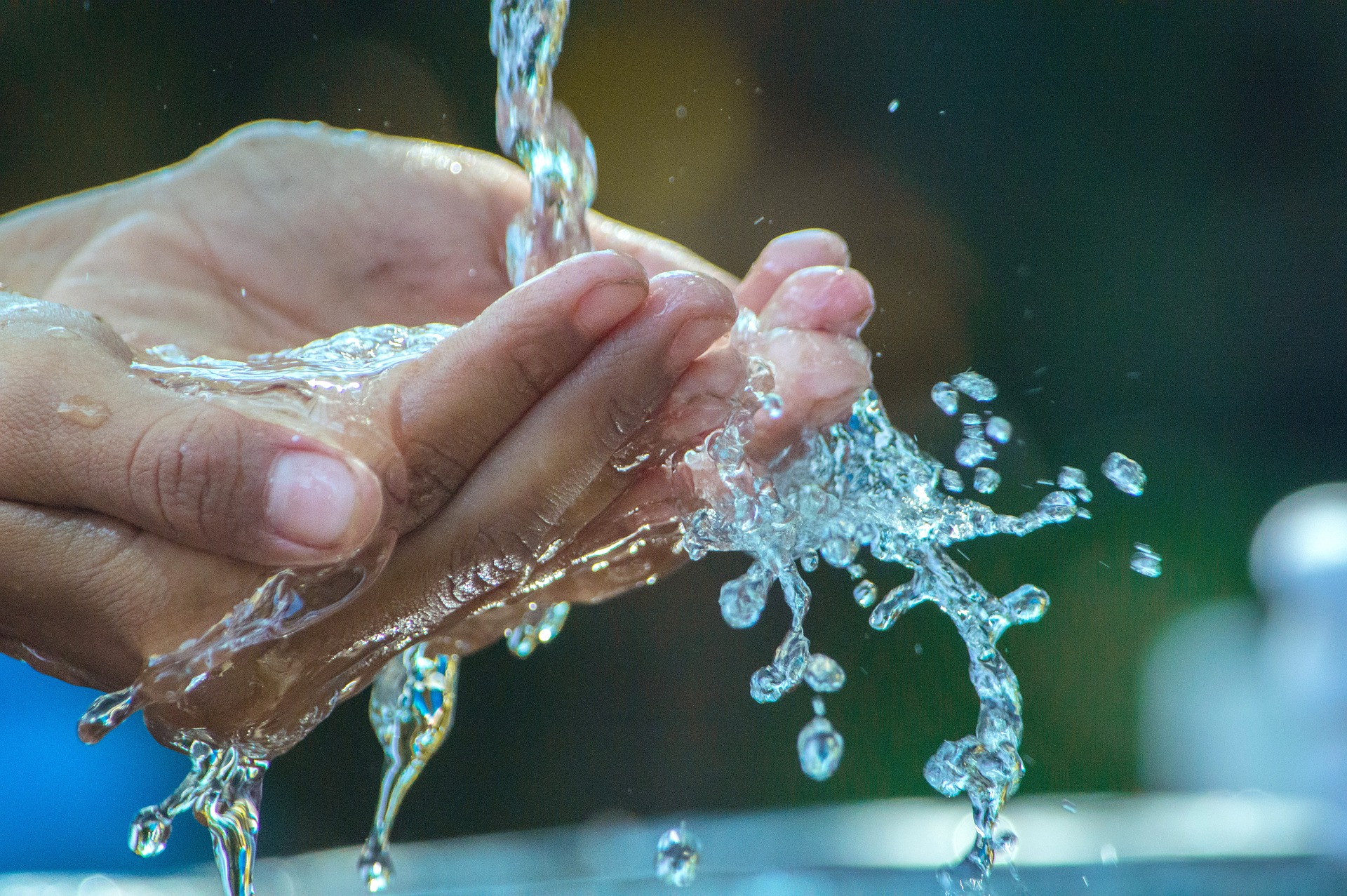
Table of Contents
I. Introduction
World Water Day is a United Nations (UN) observance held annually on March 22nd to highlight the importance of freshwater and the need for sustainable management of the world’s water resources. The first World Water Day was observed in 1993, and it has since become a global event celebrated by millions of people worldwide.
The purpose of World Water Day is to raise awareness about the critical role that water plays in our lives and the environment. It is also an opportunity to encourage people to take action to conserve water and protect our planet’s precious water resources.
In this article, we will discuss the history and significance of World Water Day, as well as the theme and slogan for World Water Day 2023. We will also explore the importance of water conservation, the issue of water pollution, and some quotes about the value of water.
II. Importance of World Water Day :
Why is World Water Day celebrated?
World Water Day is celebrated to draw attention to the importance of freshwater and the need for sustainable water management practices. It provides an opportunity to raise awareness about the many challenges that affect our planet’s water resources, including climate change, pollution, and overuse.
Significance of World Water Day
World Water Day is an essential observance because water is a vital resource that sustains life on earth. It plays a critical role in human health, food security, energy production, and economic development. However, today, many parts of the world are facing water scarcity due to factors such as population growth, urbanization, and climate change.
World Water Day reminds us of the need to take collective action to protect and conserve the world’s water resources. It also highlights the importance of ensuring access to clean water and sanitation for all, a goal of the UN’s Sustainable Development Goals.
By raising awareness about the importance of water, World Water Day aims to inspire people to take action and make a positive impact on the planet’s water resources.
III. History of World Water Day
Who introduced World Water Day?
World Water Day was introduced by the United Nations General Assembly in 1992, following the recommendation of the United Nations Conference on Environment and Development (UNCED) held in Rio de Janeiro, Brazil. The first World Water Day was observed in 1993 and has since become an annual event celebrated around the world.
When was the first World Water Day celebrated?
The first World Water Day was celebrated on March 22, 1993, and it has been observed on the same date every year since then.
How has the celebration of World Water Day evolved over the years?
Over the years, the celebration of World Water Day has evolved to become a global event that engages people from all walks of life in the promotion of sustainable water management practices. The day is marked by a range of activities, including educational campaigns, community events, and policy advocacy.
Each year, World Water Day is observed with a different theme that focuses on a particular aspect of water management. The themes are chosen to highlight emerging issues and raise awareness about the need for action. For example, in 2022, the theme for World Water Day was “Valuing Water,” which emphasized the need to recognize the multiple values of water and ensure its equitable allocation.
Through its various initiatives, World Water Day has helped to increase public awareness about the importance of water conservation and management. It has also played a crucial role in shaping national and international policies related to water management and sustainability.
IV. World Water Day 2023
What is the theme for World Water Day 2023?
The theme for World Water Day 2023 is “Water and Climate Change.” The theme highlights the impact of climate change on the world’s water resources and the urgent need for action to mitigate its effects.
What is the slogan for World Water Day 2023?
The slogan for World Water Day 2023 is “Water, Climate, and You.” The slogan emphasizes the role of individuals and communities in taking action to address the challenges of climate change and water management.
Why is World Water Day 2023 important?
World Water Day 2023 is essential because it focuses on one of the most pressing issues facing our planet today – climate change. Climate change is causing significant disruptions to the world’s water resources, including more frequent droughts, floods, and severe weather events.
The theme for World Water Day 2023 highlights the critical role that water management practices can play in mitigating the effects of climate change. It emphasizes the need for individuals, communities, and policymakers to work together to ensure that water resources are used sustainably and efficiently.
By raising awareness about the linkages between water and climate change, World Water Day 2023 aims to inspire action and mobilize support for the adoption of sustainable water management practices. The slogan “Water, Climate, and You” underscores the importance of individual action in addressing this critical issue and reinforces the idea that everyone has a role to play in protecting the planet’s water resources.
V. Water conservation
Water conservation is an essential part of ensuring that the world’s water resources are used sustainably and efficiently. Here are some reasons why water conservation is critical:
- Water is a finite resource: Although the planet is covered in water, only a small percentage of it is freshwater, and much of that is not readily accessible for human use.
- Increasing demand for water: As the global population grows, the demand for water is also increasing. In many regions, this has led to overuse and depletion of freshwater sources.
- Climate change: Climate change is causing more frequent and severe weather events, including droughts and floods, which can further strain water resources.
So, how can we save water?
- Fix leaks: One of the easiest ways to conserve water is to fix any leaks in your home or workplace. Even a small leak can waste thousands of gallons of water per year.
- Use water-efficient appliances: Replace old, water-intensive appliances with newer, more water-efficient models. For example, choose low-flow toilets, showerheads, and faucets.
- Practice water-wise landscaping: Plant drought-tolerant plants, use mulch to retain soil moisture, and water your lawn and garden early in the morning or late in the evening to reduce evaporation.
- Turn off the tap: Turn off the tap while brushing your teeth or shaving, and take shorter showers to save water.
Examples of water conservation efforts :
- Rainwater harvesting: Collecting and storing rainwater for later use is a simple and effective way to conserve water.
- Greywater reuse: Greywater is wastewater from sources like sinks, showers, and washing machines. Treating and reusing greywater for non-potable purposes like watering plants or flushing toilets can save a significant amount of water.
- Water-efficient irrigation: Modern irrigation systems use water more efficiently by delivering water directly to plants’ roots, minimizing evaporation.
In conclusion, water conservation is essential to ensure that we have enough water for future generations. By adopting simple water-saving practices, we can all play a role in protecting this precious resource.
VI. Water pollution
Water pollution occurs when harmful substances contaminate water bodies like rivers, lakes, and oceans. These harmful substances encompass chemicals, sewage, plastics, and more. Let’s explore some of the consequences of water pollution:
- Harm to aquatic life: Water pollution can harm fish, plants, and other organisms that depend on clean water to survive. It can also destroy habitats and ecosystems.
- Human health impacts: Exposure to contaminated water can cause illness, ranging from mild skin irritation to serious diseases like cholera and typhoid.
- Economic costs: Water pollution can also have significant economic impacts, including lost revenue from fishing and tourism and the cost of cleaning up polluted waterways.
Slogans on water pollution:
- “Keep water clean, it’s not just for me, it’s for you!”
- “Water is life, don’t pollute it!”
Facts about water pollution:
- About 80% of the world’s wastewater is discharged back into the environment without treatment.
- Plastic pollution in the ocean is a growing problem, with an estimated 8 million tons of plastic waste entering the ocean each year.
- The use of pesticides and fertilizers in agriculture can lead to water pollution as these chemicals can leach into nearby waterways.
In conclusion, water pollution is a significant problem that can have far-reaching impacts on both the environment and human health. By raising awareness of the issue and taking steps to reduce pollution, we can all play a role in protecting our water resources for future generations.
VII. Conclusion
In conclusion, World Water Day is a global event that raises awareness of the importance of water and the need to conserve it. It is celebrated every year on March 22nd and has a different theme and slogan every year. This year, the theme for World Water Day 2023 is “Water for Life,” highlighting the critical role water plays in sustaining life on Earth.
As we have seen, water is a finite resource that is becoming increasingly scarce in many parts of the world. It is essential that we take action to conserve water and protect the planet’s water resources. This can be achieved through simple actions such as fixing leaks, reducing water usage, and supporting water conservation efforts in our communities.
In conclusion, let us all take a moment to reflect on the importance of water in our lives and commit to doing our part to conserve and protect it. Together, we can ensure that water remains a source of life and sustenance for generations to come.



